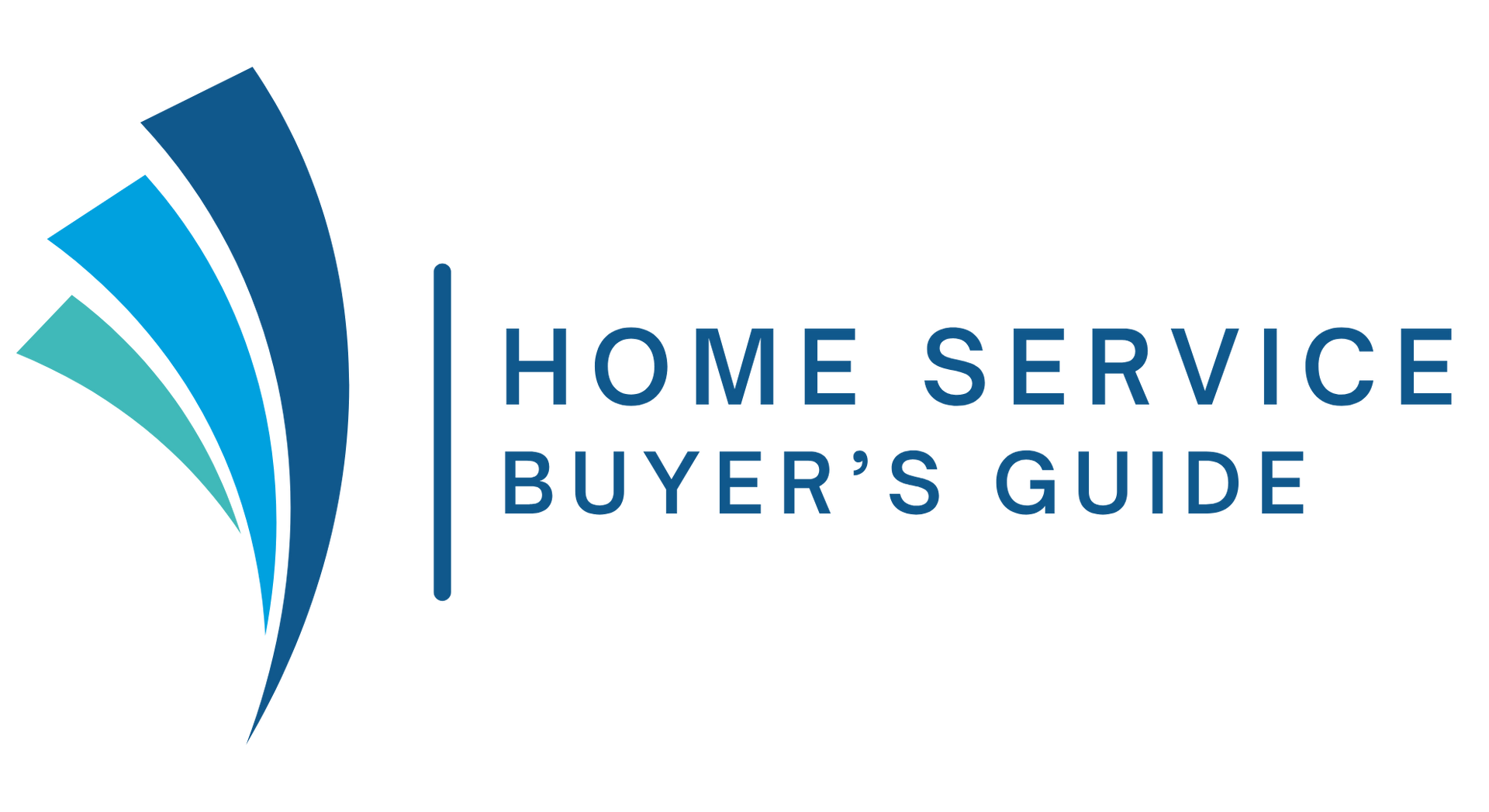Pennsylvania
Your Guide to Hiring a Home Improvement Contractor in Maryland
In Maryland, home improvement contractors must be licensed and regulated by the Maryland Home Improvement Commission (MHIC), which is part of the Maryland Department of Labor.
What is Considered "Home Improvement"?
"Home improvement" is broadly defined and includes:
- Alteration, remodeling, repair, or replacement of a building or part of a building used as a residence.
- Work done on individual condominium units.
- Projects like roofing, siding, painting, additions, and certain specialized trades.
Key Contractor Requirements
To obtain and maintain an MHIC license, contractors must generally meet several requirements, including:
- Demonstrating at least two years of experience in home improvement or a related field.
- Passing a licensing examination administered by PSI Examination Services.
- Registering their business name with the Maryland Department of Assessments and Taxation.
- Demonstrating financial solvency.
- Providing proof of current general liability insurance (as of June 1, 2024, the minimum requirement is $500,000).
- Paying an assessment fee into the MHIC Guaranty Fund, which provides a mechanism to compensate homeowners for financial loss due to poor or incomplete workmanship by a licensed contractor.
Note: Subcontractors who only work for licensed MHIC contractors do not need their own MHIC license, but only a licensed contractor can enter into a contract directly with a homeowner for home improvement work.
Sales Tax and Home Service Projects
In Maryland, the application of the state's 6% sales and use tax to home service projects often depends on whether the transaction is primarily a sale of tangible personal property (goods) or a sale of services.
- Services are generally NOT taxable in Maryland unless they are specifically listed as taxable services by law (such as security services, certain telecommunications, etc.).
- Tangible Personal Property (Goods) IS generally taxable.
For most home improvement projects, a contractor is considered the consumer of the materials (lumber, tile, paint, etc.) used to complete the job. Therefore:
- The contractor pays the sales tax when they purchase the materials from a supplier.
- The contractor then incorporates the materials into your home as part of a single, non-taxable service contract.
- The homeowner is not typically charged a separate sales tax on the total cost of the contract (which includes the labor and the materials the contractor already paid tax on).
However, there are exceptions. If a transaction is primarily a sale of an item (tangible personal property) with only minor installation or repair services, the entire charge may be taxable. It is always best to consult with the Maryland Comptroller of the Treasury or a tax professional regarding specific project tax liability.
How to Verify a Contractor's License
Verifying a contractor's license is the most important step a homeowner can take to protect themselves. You should always confirm that a contractor is licensed, and that their license is active and in good standing, before signing any contract.
You can verify a contractor's license status using the Maryland Department of Labor's online search tool:
- Maryland Department of Labor - Division of Occupational and Professional Licensing Search
- Link: https://labor.maryland.gov/pq/
On this site, you can search by the contractor's name, business name, or their MHIC license number to confirm:
- License Status: Whether it is Active, expired, suspended, or revoked.
- License Type: Ensuring they hold a Contractor license, not just a Salesperson license.
- Complaint History: The MHIC's staff can provide information on filed complaints and resolutions.
Disclaimer
This information is for reference and educational purposes only and does not constitute legal, financial, or professional advice. Licensing regulations, tax laws, and requirements are subject to change by the State of Maryland and should be verified with the appropriate state agencies (Maryland Home Improvement Commission, Comptroller of the Treasury) or a qualified legal or tax professional before making any financial or contractual decisions.
